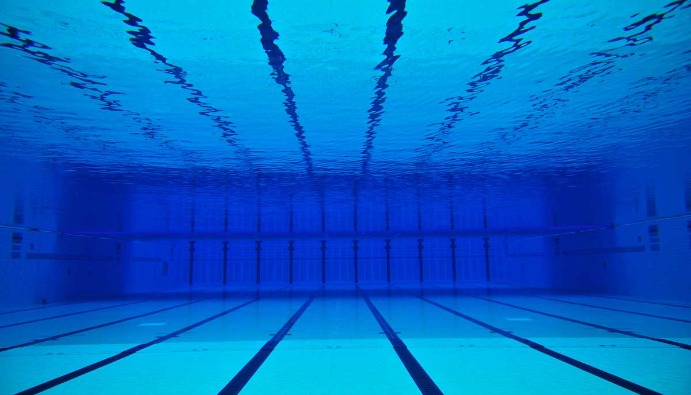
BLOG
KATEGORİDEKİ DİĞER YAZILAR

Swimming pools are preferred for purposes such as cooling off and having fun in the summer months, as well as for sports and to support the physical development of children. Especially public pools pave the way for the spread of diseases if the water is not disinfected regularly and properly.
Pool water is an environment where people come into direct contact with their bodies. Therefore, the quality of pool water is extremely important for health. Contamination of pool water, proliferation of microorganisms and chemical imbalance can lead to various health problems. For example:
Pool water analyzes are carried out to minimize such health risks and ensure the safety of water.
Various analysis methods are used to accurately determine the quality of pool water. Here are some commonly used analysis methods:
1. Physical Measurements: Physical parameters are usually done with manual and rapid testers. For example:
2. Chemical Measurements: Chemical parameters are measured with specialized test kits and instruments to analyze the chlorine level, pH, alkalinity and other components of water:
3. Microbiological Tests: Microbiological tests are usually performed in the laboratory and are carried out by culture procedures on water samples:
In order to prevent the spread of epidemic diseases originating from pool water, it undergoes some disinfection processes. Pool water is an ideal environment for the growth of microorganisms such as bacteria and fungi. For this reason, products such as chlorine, pH reducer, algae inhibitor, precipitant should be used regularly and continuously in pool water.
In particular, the most commonly used method is the addition of chlorine to pool water. An important factor in disinfection processes is the pH level. The pH of the pool water should be in the range of 7.2 - 7.6. Effective disinfection conditions in pool water are as follows; 1-2 ppm chlorine, at least 30 minutes, 7.2 - 7.6 pH range, 26 - 28 o C temperature should be processed.
“Regulation on the Health Principles to be Subject to Swimming Pools” covers the procedures and principles regarding the compliance of outdoor and indoor swimming pools and waters used for swimming with hygienic conditions, determination, inspection and monitoring of the quality standards of swimming pool water.
In this context, the tests performed in pool water are generally chemical, physical and microbiological tests. The parameters and limits to be performed are specified in the annexes of the said regulation. Pool water should be disinfected regularly in line with these limits.
Nanolab Laboratories Group continues to provide services within the scope of Pool Water Analysis. We also provide services in Sea Water Analysis.
Contact us for more information.
You can follow us on LinkedIn for up-to-date news and shares about our services.
Follow our Instagram account to be informed about our latest blog posts.